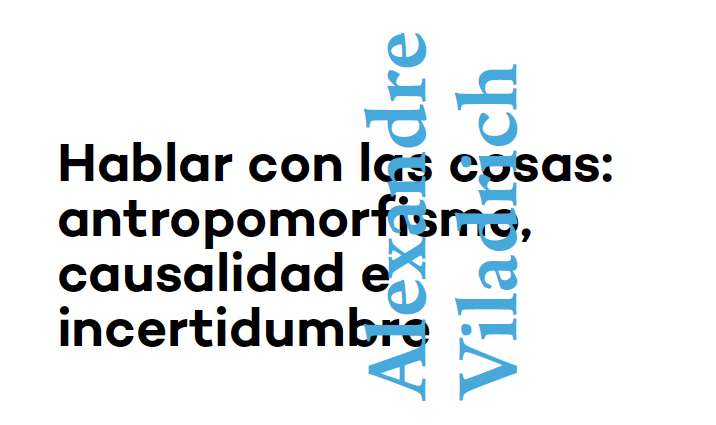Talk to things: anthropomorphism, causality and uncertainty
DOI:
https://doi.org/10.46516/inmaterial.v5.80Keywords:
everyday object, agency, anthropomorphism, uncertainty, material turnAbstract
Paradoxically to its material condition, design makes sense conventionally within a symbolic framework. The design object is revealed as an element of consumption that, beyond being a pure instrument, carries a system of signs and, with it, breaks out to the infinite social (R. Barthes 1964). In contrast, arguments related to the so-called «material turn» —the new materialisms and speculative realism— are being developed around the refusal to conceive the world as something inevitably mediated by the human subject; that is, as something that essentially passes through interpretation, discourse, textuality, signification, ideology and power (Cox, Jaskey y Malik, 2015). This post-humanist approach, that rejects hierarchical binary logics, challenges the discipline of design as a human-centered and material-based activity. In this text, there is an attempt to articulate a materialist and post-humanist approach to design practice, which confronts with his usual marketing understanding and suggests as well as in other studies, a possible «material turn» for the discipline. Likewise, the following conjecture arises: design reduces the subject-object mediation to a purely cultural dimension that fails to conceive the objects in its ecology, as isolated entities from the human who creates or consumes them. For that, a causal analysis of the object is presented —enclosed to his daily consideration— trying to link «agency» and «causality» issues, in its different contemplations, with a new conception of materiality related to design.Downloads
Download data is not yet available.

Published
2020-06-30
How to Cite
[1]
Viladrich, A. 2020. Talk to things: anthropomorphism, causality and uncertainty. INMATERIAL. Diseño, Arte y Sociedad. 5, 9 (Jun. 2020), 21–40. DOI:https://doi.org/10.46516/inmaterial.v5.80.
Issue
Section
ORIGINALS RESEARCH ARTICLES






